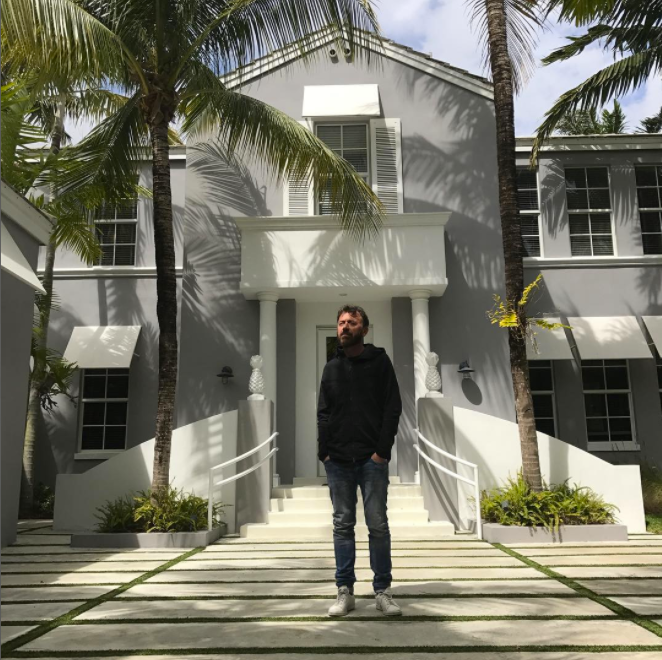Every year suicide takes the precious lives of 800,000 people worldwide. It is the second leading cause of death for people ages 15-to-24 and in the U.S., the national rate is about a staggering 44,000 deaths by suicide each year, or approximately 121 suicide completions per day. Yet there are still stigmas that make creating conversations about suicide uncomfortable and sometimes even impossible for individuals who need help.
This is what Jonny Boucher wants to change with his organization, Hope For The Day (HFTD). We wanted to speak with Jonny about what HFTD means to him and why he wanted to make a difference through suicide prevention and mental health education. Jonny has been personally affected by suicide on multiple occasions. What prompted him to create HFTD was the suicide of his beloved mentor.
“The suicide of my friend and mentor, Mike Scanland, impacted me at a time where I personally felt lost in my career, but still wanted to utilize my passion for music, the arts, and community for the greater good, and not just worry about making myself money. He was the catalyst behind me starting Hope For The Day and was number 9 on a list of 15 people that I have personally lost to suicide. Enough is enough.”
It was at this point that Jonny pledged to focus his efforts on suicide prevention and mental health education through self-expression platforms like music. Growing up, Jonny booked local punk and hardcore bands to play venues in his area. He felt that it gave people a place where they were welcomed and felt at home. He worked in the music industry wearing many hats until he realized his purpose with HFTD.
It was his love of music and the understanding that music is a platform to work through mental health issues that prompted Jonny to start projects like Music Saved My Life under the HFTD umbrella. Music Saved My life is a video series that highlights the personal stories of musicians and artists who have struggled with suicide and mental health issues. What prompted Jonny to start the project was…
“Knowing the connection people make with music, and creating an opportunity for people to hear more in-depth stories from their favorite musicians and influencers on how mental health has impacted their lives. And how music was the chosen outlet to express themselves, rather than self-harming. At the end of the day, it’s about letting fans know they are not alone.”
Music Saved My Life is only one of the ongoing projects that Jonny and the team busies themselves with. They also started the BEATKEEPERS Project as an educational platform focusing on empowering urban youth through musical and artistic expression. Jonny elaborated on the idea, saying,
“BEATKEEPERS was born out of the idea that Hope for the Day can provide music composition and education to at-risk youth as a tool to create social and emotional literacy, while also addressing current community issues that relate to Chicago street violence. It’s about being able to provide a home or safe space. Whether it’s a ‘one off’ or 6-week program, the end result we aim to achieve is letting youth know, whether it’s music, art, or anything positive, that they can find platforms to express themselves, as well as promote positive community-centric habits. “
It is through projects like Music Saved My Life and BEATKEEPERS that Jonny and his team are able to bring awareness to alternatives that allow people to work through their mental illnesses and ultimately prevent suicide or self-harm. HFTD, while starting these initiatives in Chicago, hopes to expand their reach and open their doors worldwide someday soon. When asked about the future, Jonny said,
“My goal is that Hope for the Day can partner and work with as many communities around the world and plant the unifying flag ‘it’s ok not to be ok.’ Suicide and mental health are human, global issues, and we will never stop at reaching out to as many people as possible.”
Their slogan, “it’s ok not to be ok” is one of comfort for many as it provides a space for people to explore their struggles without any judgment. It’s a beacon for those struggling with mental illness, suicide, or everyday life. It helps us recognize that we’re not alone.
If this story touched you and you want to get involved, HFTD makes it easy.
“Anyone can contact us directly through HFTD.org, or talk to one of our staff or volunteers at an event. We are a community-driven organization and realize that the fight against suicide and mental illness can’t be done by just us. It takes a community effort, and it only takes one person to break the silence in their community.”










